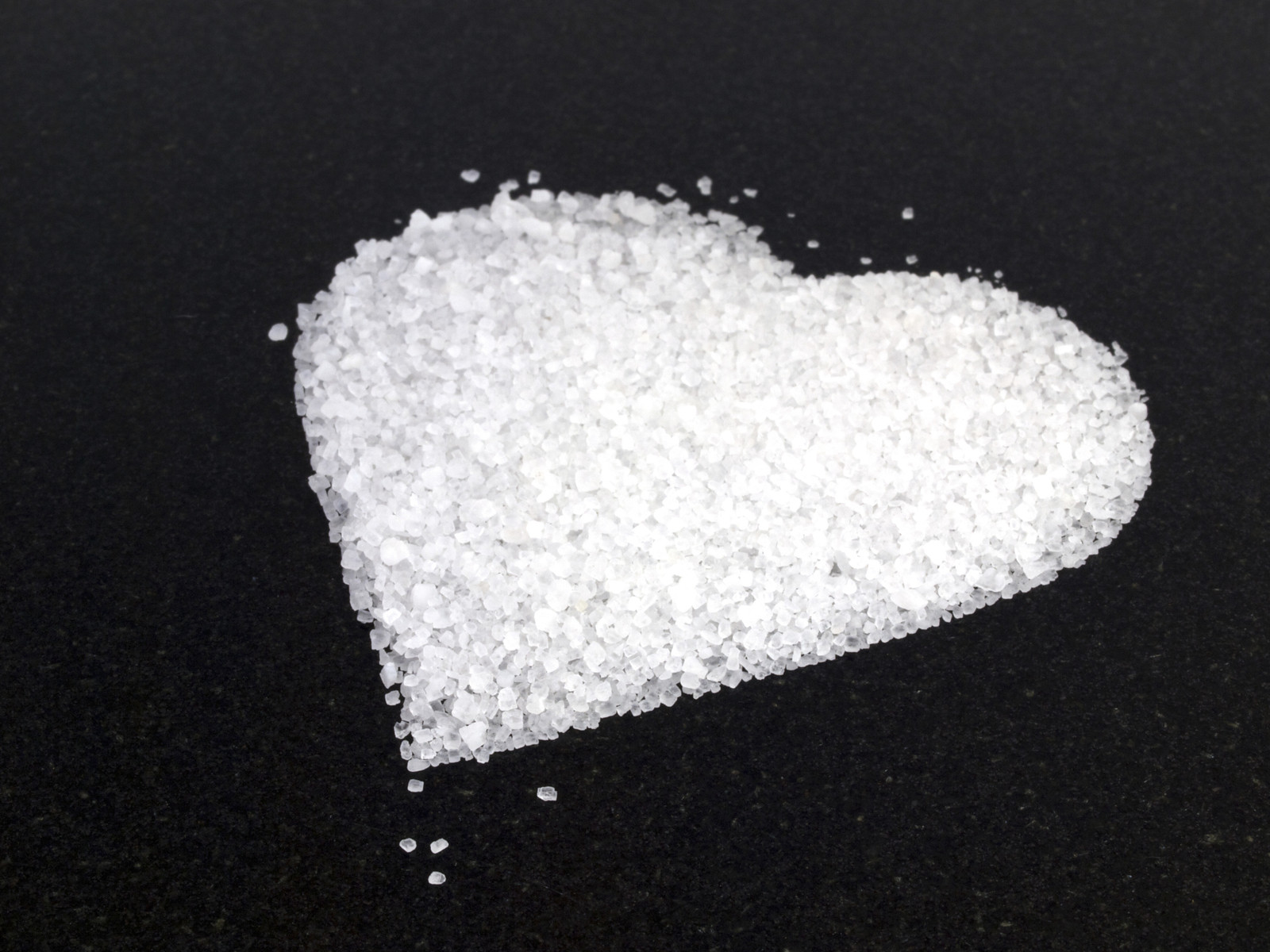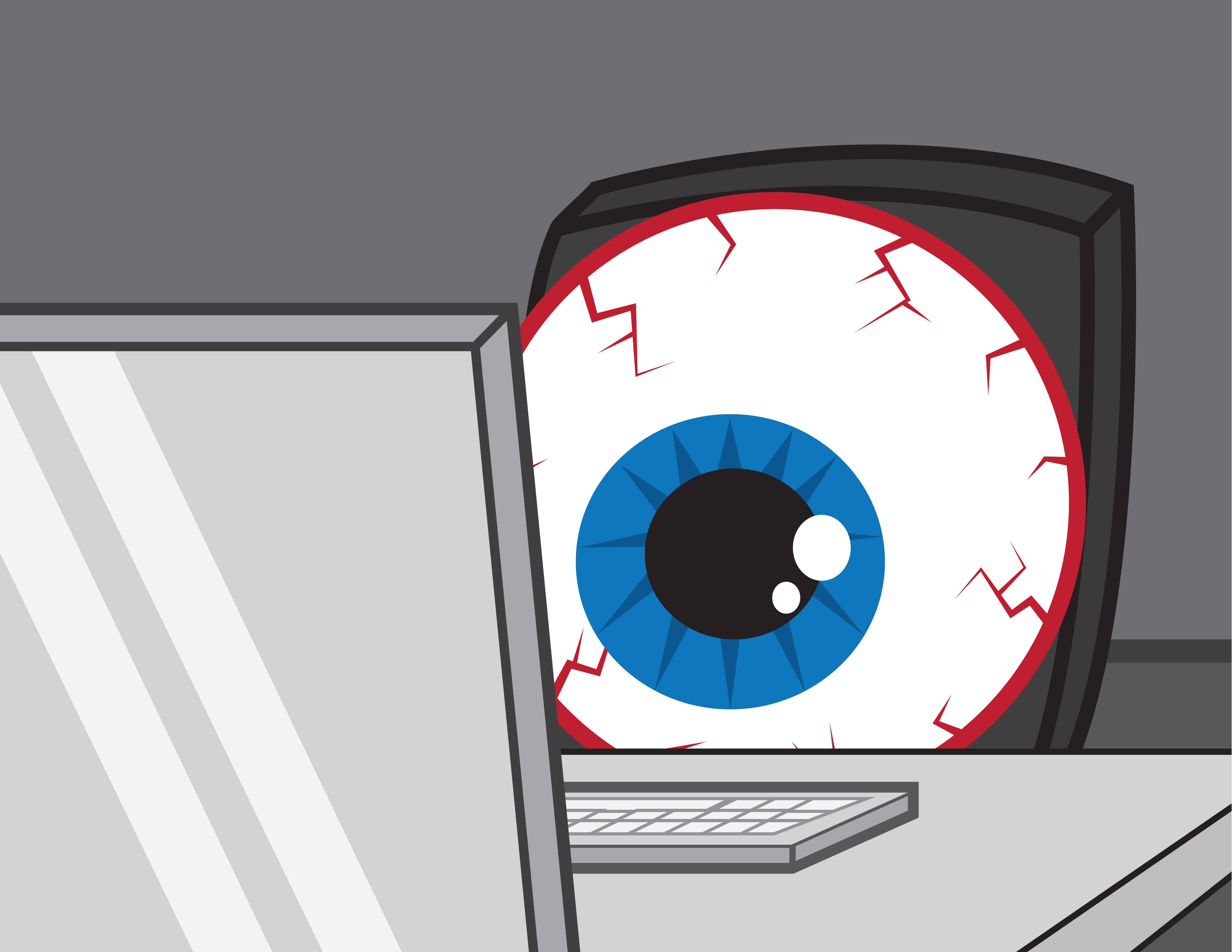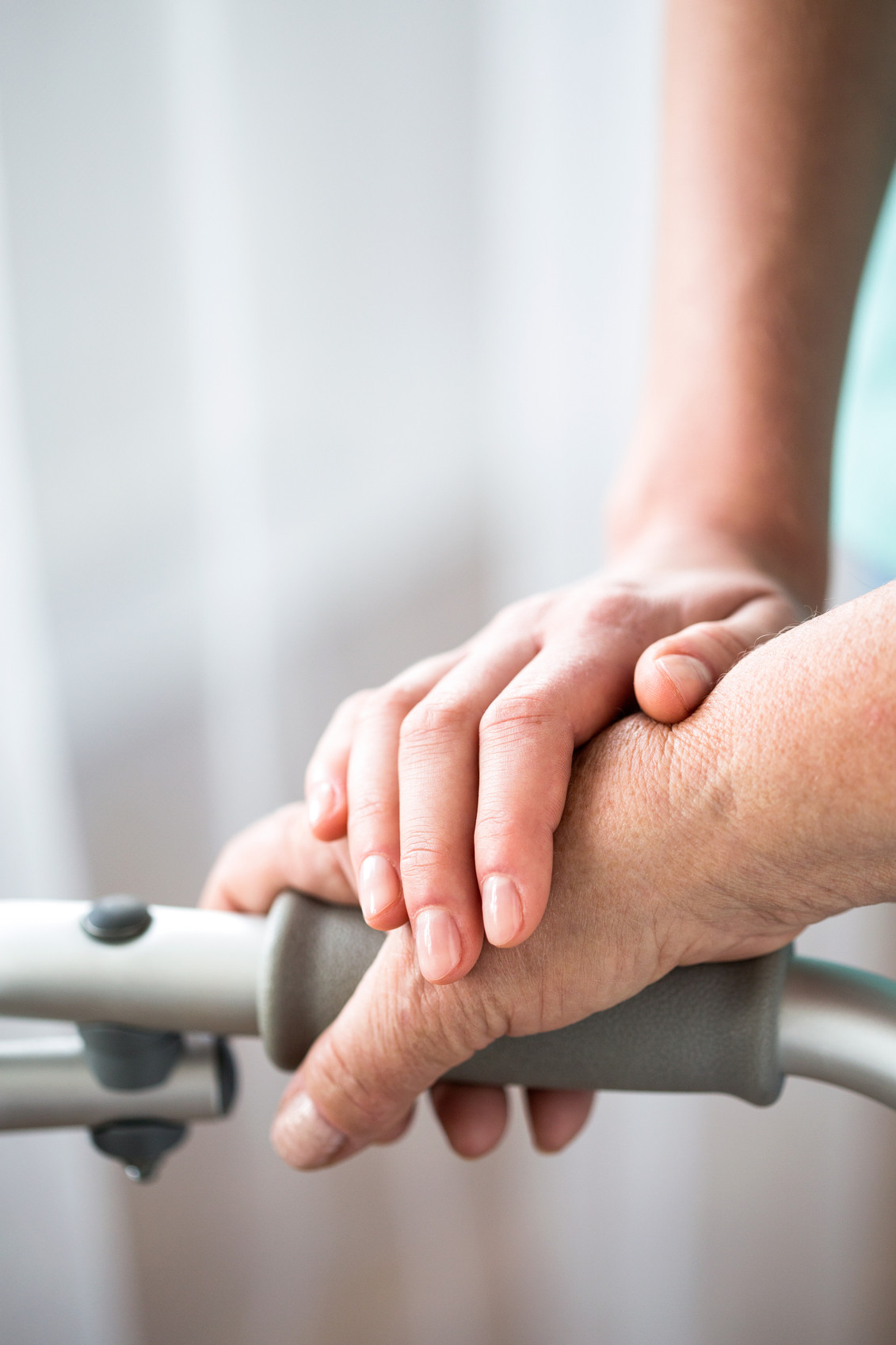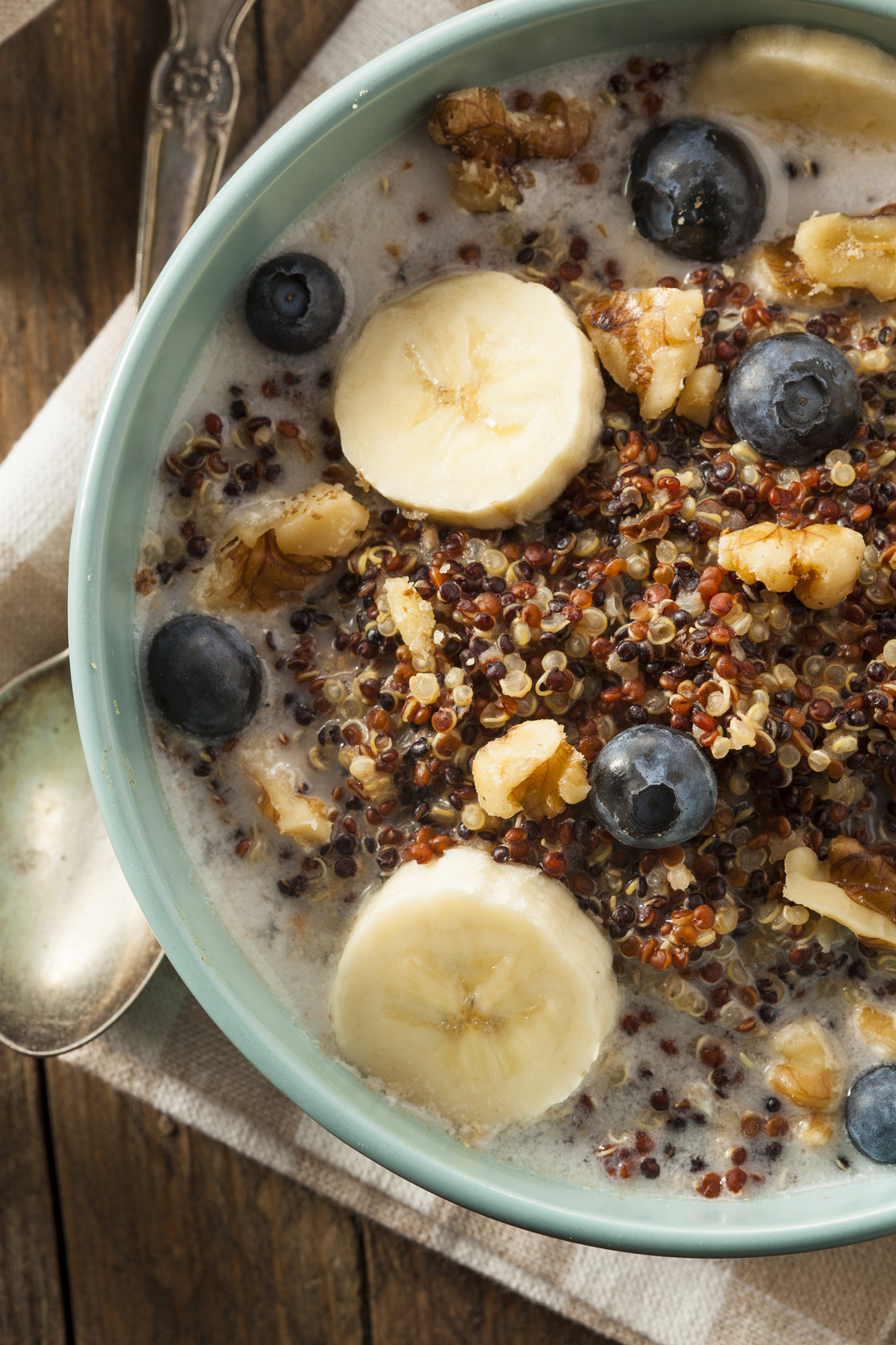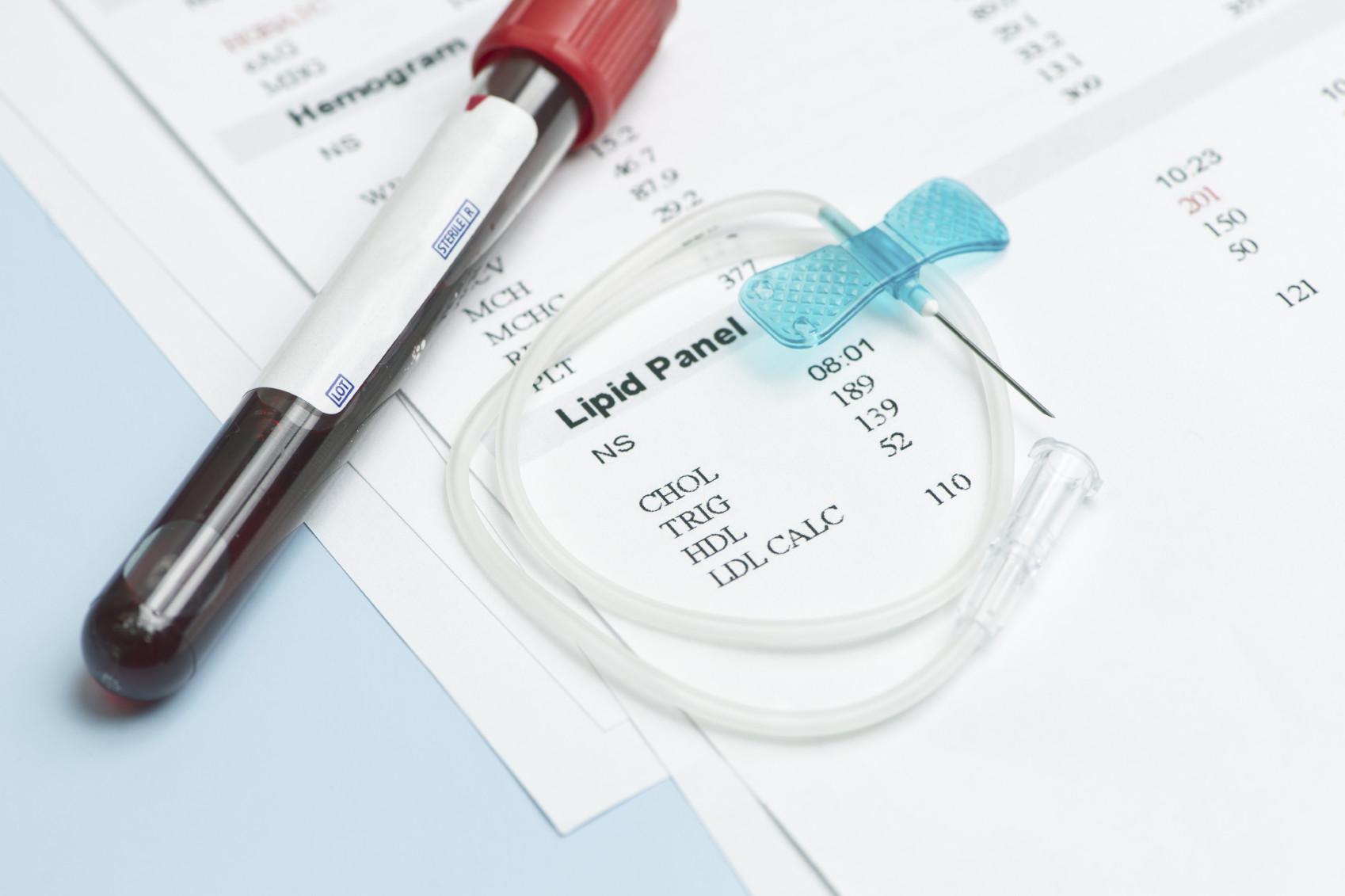
5 timeless habits for better health

What are the symptoms of prostate cancer?

Is your breakfast cereal healthy?

When pain signals an emergency: Symptoms you should never ignore

Does exercise give you energy?

Acupuncture for pain relief: How it works and what to expect

How to avoid jet lag: Tips for staying alert when you travel

Biofeedback therapy: How it works and how it can help relieve pain

Best vitamins and minerals for energy

Should you take probiotics with antibiotics?
Harvard Health Blog
Read posts from experts at Harvard Health Publishing covering a variety of health topics and perspectives on medical news.
Articles
What Michelangelo’s hands (can and can’t) tell us about arthritis
A recent journal article describes Michelangelo’s hands as depicted in an attempt to figure out potential joint diseases he may have had. Theories suggest some myths and misconceptions about the causes and symptoms of osteoarthritis and gout. This report has implications for today’s medical care. While a picture may tell a story, there is nothing like a thorough, in person exam to know accurately make sense of signs and symptoms.
The right reasons to choose a sunscreen—and the right way to use it
There are a wide variety of sunscreen products on the market today that can help to prevent sunburns and skin cancer, but in a recent study published in the journal JAMA Dermatology, researchers found that 40% of the top 65 most popular sunscreens didn’t meet American Academy of Dermatology guidelines. When buying sunscreen, it is important to choose a product that is broad-spectrum, has an SPF over 30, and is water resistant. In addition to choosing the right sunscreen, it’s important to use it correctly in order to truly protect your skin from the sun.
For the good of your heart: Keep holding the salt
A recently published study claimed that people who ate a low sodium diet were more likely to suffer from cardiovascular disease and death. However, there were problems with this study – including difficulty with accurately measuring each study volunteer’s daily intake of sodium. Low sodium diets may be harmful for small subsets of people, but for the majority of people restricting salt intake is still important for cardiovascular health.
What’s the best way to quit smoking?
Quitting smoking can add years to your life. The earlier the better, but the benefits of quitting are real and significant, even if you’re 80. There are several ways to quit and it often takes multiple attempts to become and ex-smoker for good. Research suggests that for some people, quitting “cold turkey” may be the most effective approach.
A placebo can work even when you know it’s a placebo
You may have heard of the “placebo effect,” in which people taking an inactive drug as part of a study actually experience an improvement in their symptoms. As it turns out, the placebo effect still exists if you tell people they’re taking a placebo. This “open-label placebo” strategy doesn’t work for every condition, of course, but it’s a promising way to relieve many common symptoms without medication.
“Superbugs” and the very real threat of untreatable infections
Doctors recently discovered a gene in E. coli bacteria that makes it resistant to an antibiotic that is typically used when other drugs fail. This new finding suggests that effectiveness of last-resort antibiotics is at risk. As more bacteria evolve to “outsmart” antibiotics, scientists are increasingly concerned about infections caused by “superbugs” that cannot be treated with existing antibiotics.
Good — and bad — news about today’s teens
The results of the 2015 National Youth Risk Behavior Survey, suggests that few teens are smoking cigarettes, having sex, getting into physical fights, and drinking less soda. This good news is tempered by concerning trends, for example fewer adolescents use condoms when they do have sex, and more of them are trying e-cigarettes.
A bummer for kids: Nasal flu vaccine not effective
For years, many kids could skip the traditional flu “shot” — along with the tears — and still be protected by the nasal spray vaccine also known as the LAIV (live attenuated influenza vaccine). But not this year. Studies now show that the nasal vaccine is quite ineffective, and pediatricians are starting to change their flu recommendations from a nose squirt to a shot.
An easy way to eat healthier this summer: Find a farmers’ market
Farmers’ Markets hold many benefits for you and your community. The produce is fresher, and there are no “center” aisles to tempt your sweet tooth. Many farmers’ markets even offer cooking classes to increase your dinnertime variety. Researchers at the Harvard T.H. Chan School of Public Health saw a decrease in soda consumption and an increase in vegetable consumption among those who frequented farmers’ markets this past year.
Progesterone supplements don’t help prevent miscarriage
Miscarriages can be devastating — especially for women who experience recurrent miscarriage, defined as three or more in a row. Doctors used to give these women supplements of progesterone, a hormone that helps maintain a healthy pregnancy. However, a recent study has confirmed that these supplements don’t improve pregnancy outcomes. For those who experience recurrent miscarriage, the best solution may be to simply keep trying.
Can super-sizing start with baby bottles?
Research suggests that super-sizing our meals doesn’t just create problems for adults–– when we increase the amount of food that infants and children eat, they gain weight. This weight gain during infancy can lead to over-weight children, and over-weight children are more likely to become over-weight adults. In order to make sure infants and children are a healthy weight, keeping the portion sizes kid-friendly is key.
Your resting heart rate can reflect your current — and future — health
How many times your heart beats per minute when you’re resting — also known as your resting heart rate (RHR) — can provide important clues to your current overall health and even predict possible future health problems.
When “life” gets in the way of good health
As it turns out, the things your doctor spends so much time focusing on at your yearly check-up account for just 10% of your health needs. Over half of the total “picture” of your health comes from social, environmental, and behavioral factors. This means that people who have unmet environmental needs — such as being unable to afford healthy food — suffer real consequences to their physical health. We’ve described one initiative that aims to change that.

5 timeless habits for better health

What are the symptoms of prostate cancer?

Is your breakfast cereal healthy?

When pain signals an emergency: Symptoms you should never ignore

Does exercise give you energy?

Acupuncture for pain relief: How it works and what to expect

How to avoid jet lag: Tips for staying alert when you travel

Biofeedback therapy: How it works and how it can help relieve pain

Best vitamins and minerals for energy

Should you take probiotics with antibiotics?
Free Healthbeat Signup
Get the latest in health news delivered to your inbox!
Sign Up



